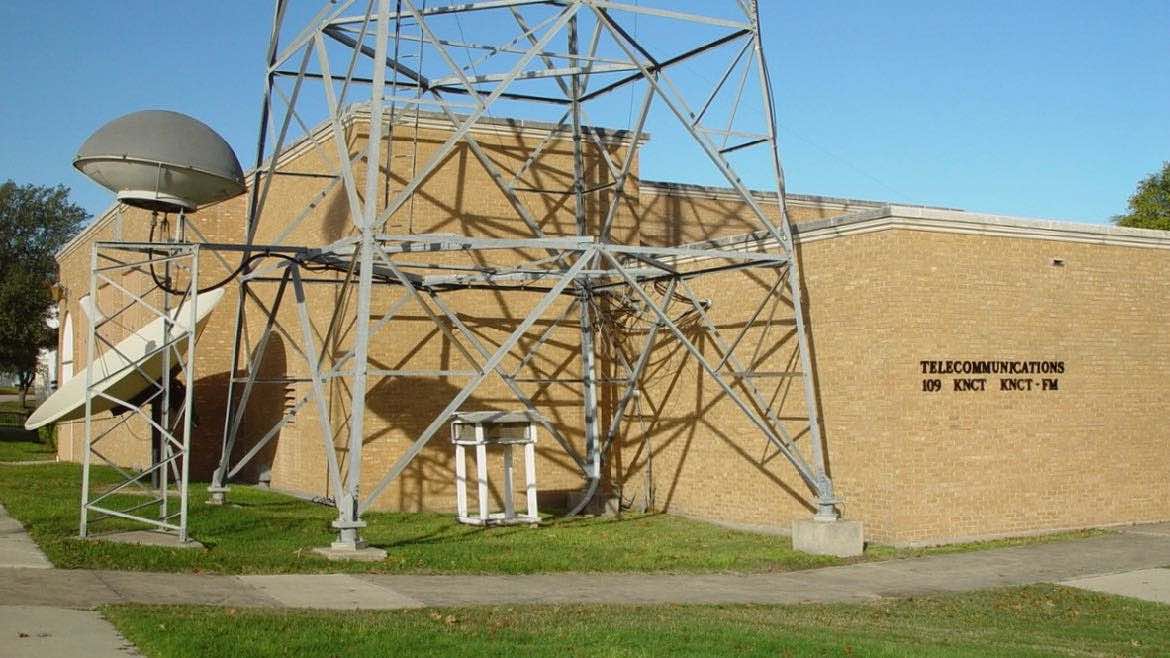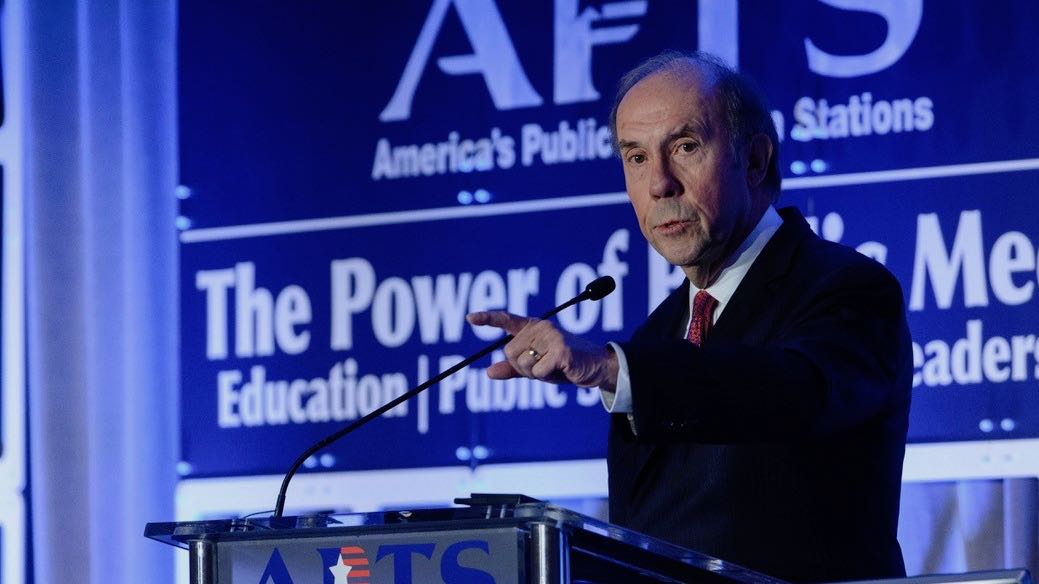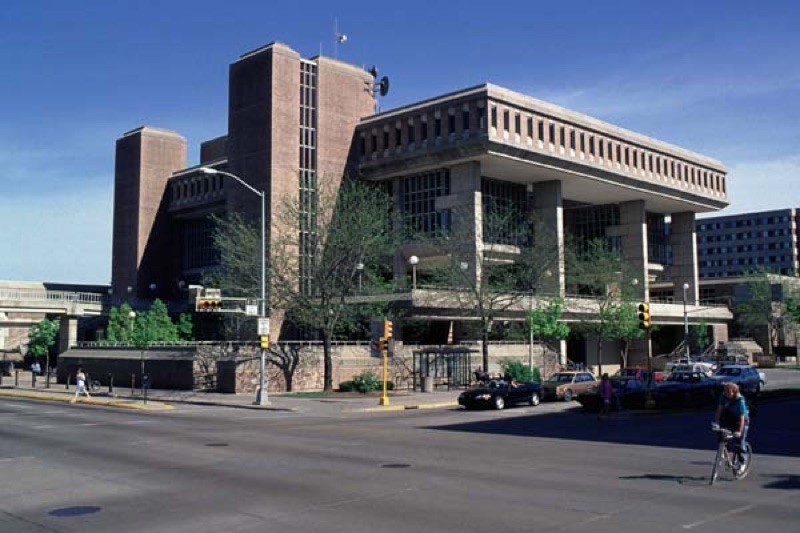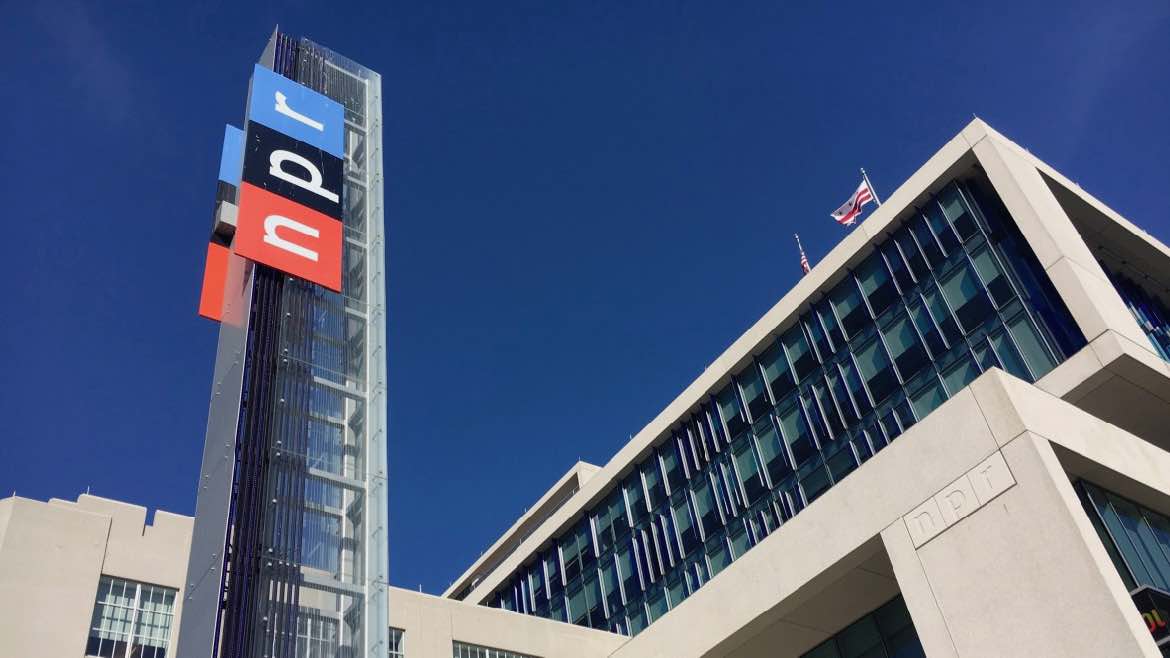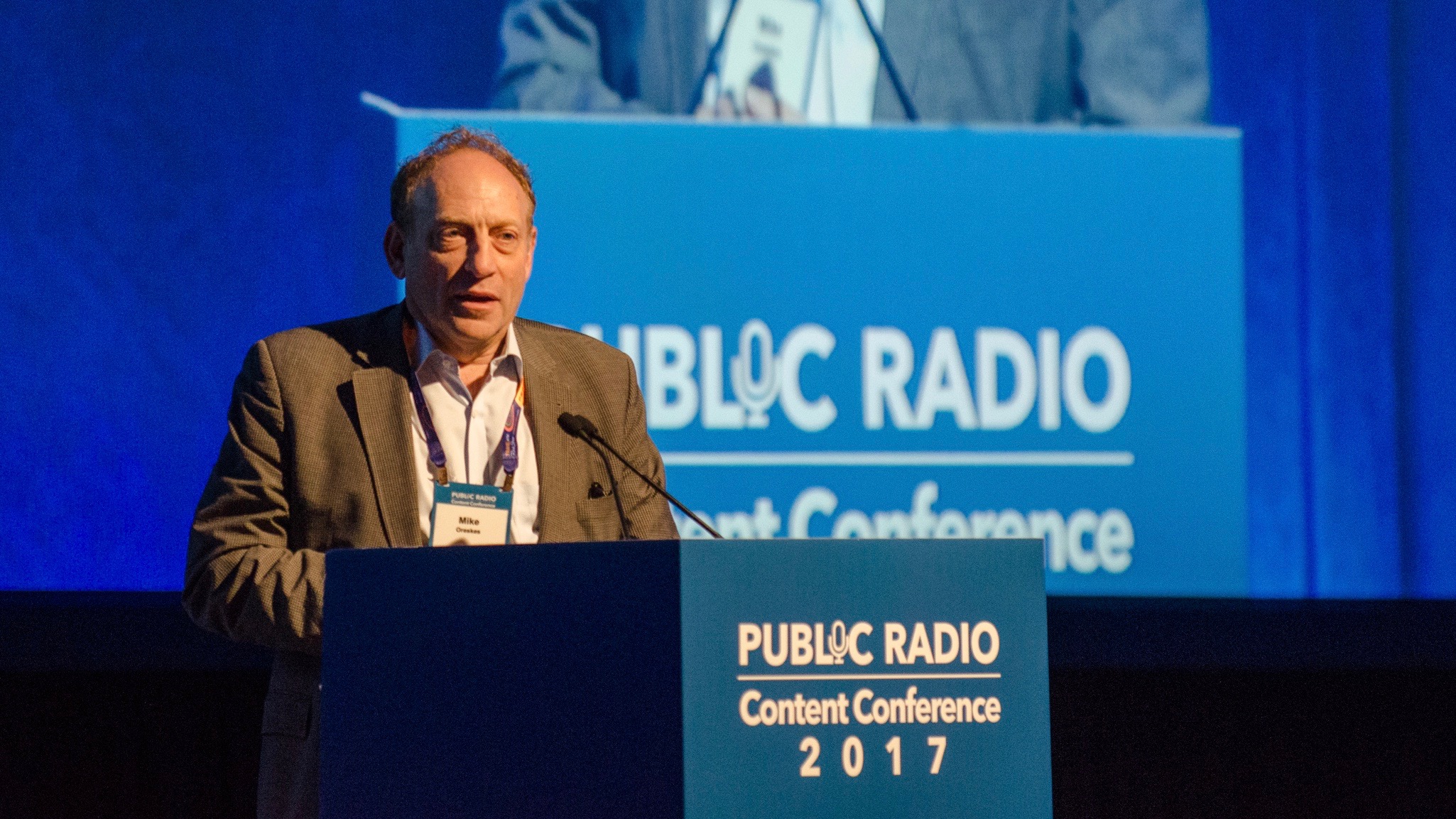System/Policy
International broadcaster MHz Networks ends search for new channel in D.C. area, announces signoff
The owner of MHz Networks' WNVC and WNVT sold the stations' spectrum in last year's FCC auction.Repack costs prompt Texas licensee to eliminate public TV station
PBS and America's Public Television Stations warn that more stations could follow suit.Oregon stations attest to TV repack’s ‘detrimental effect’ on radio
The repack work “threatens the survival of our public radio service as well as the health of our cultural community and economy,” ...Public TV urges FCC to exempt stations from ATSC 3.0 simulcasting rules
TV broadcasters want the FCC to allow them to use vacant channels for the simulcasts required during ATSC 3.0 rollout.APTS’ Butler says pubcasting has ‘strong case to make for higher appropriation’
America's Public Television Stations opened its annual Public Media Summit Monday.Wisconsin public stations see shift in university oversight
The pubcasters are now under the University of Wisconsin Colleges Extension unit, which will be eliminated in a reorganization.Fueled by anger, female employees confront NPR Board with questions left unanswered by harassment investigation
“I don’t want to see confidence in a broken system that allowed dangerous behavior to continue,” said one producer.San Francisco station appeals FCC decision threatening its satellite carriage
KMTP used the wrong kind of mail service to submit a request, violating a rule that public broadcasters are asking the FCC ...Ignoring NPR’s cultural problems will have consequences, says station GM
A public radio station leader responds to a law firm's report on sexual harassment within NPR.Investigators’ report finds first warnings about Oreskes came from NPR hiring committee
Morgan Lewis conducted a two-month investigation into how NPR management responded to harassment allegations against the former news chief.Learning to listen and acting on what you hear builds foundation for engagement
As public stations adopt an ethos of engagement, an essential first step is a process of “radical listening” that will define your ...KUOW staffers join SAG-AFTRA union
KUOW staff members want "better pay and more of a say in how our newsroom operates," says one reporter.‘On Point’ host Tom Ashbrook dismissed following investigations of bullying, harassment
A report found Ashbrook responsible for an abusive culture at the show.Public media again in bull’s-eye in president’s FY19 plans
CPB would get only $15.5 million next year and $15 million in 2020 to shut itself down.Pubcasting coalition withdraws request for relief from EEO reporting
In joint comments filed with the FCC, pubcasters had asked for a review of "unnecessarily burdensome" rules on recruitment and hiring practices ...


